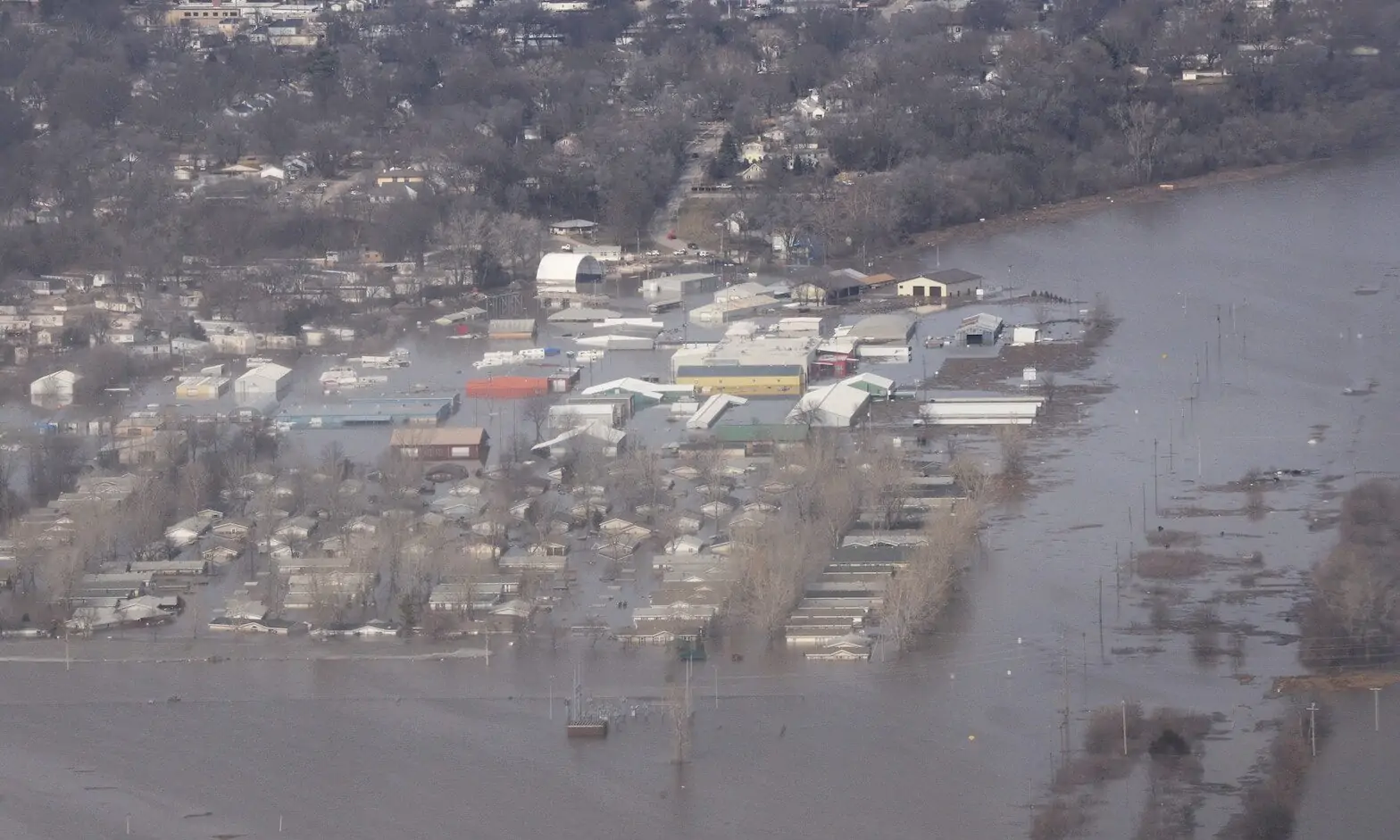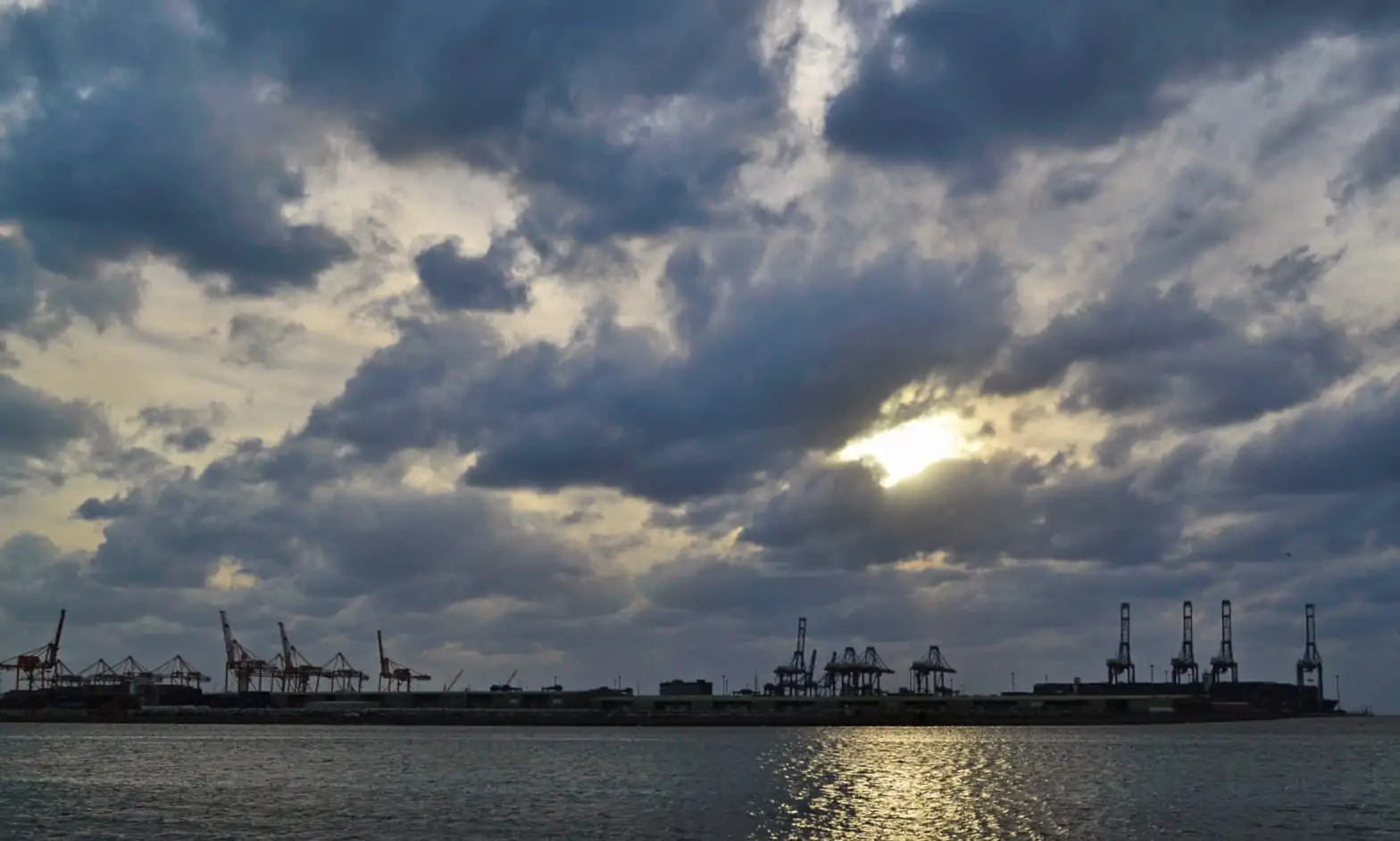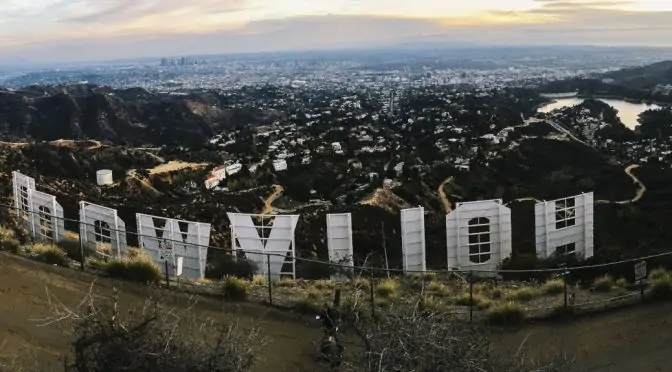A pandemic of African swine fever is devastating the pig stocks of China, Vietnam, Cambodia, Northern Korea, South Korea, Laos, the Philippines, and Timor Leste. Furthermore, some wild boars carrying the disease have just been detected at the frontier between Mongolia and Russia (African Swine fever update, Food and Agriculture Organization, 03 October 2019). From …
Continue reading “China, the African Swine Fever Pandemics and Geopolitics”











